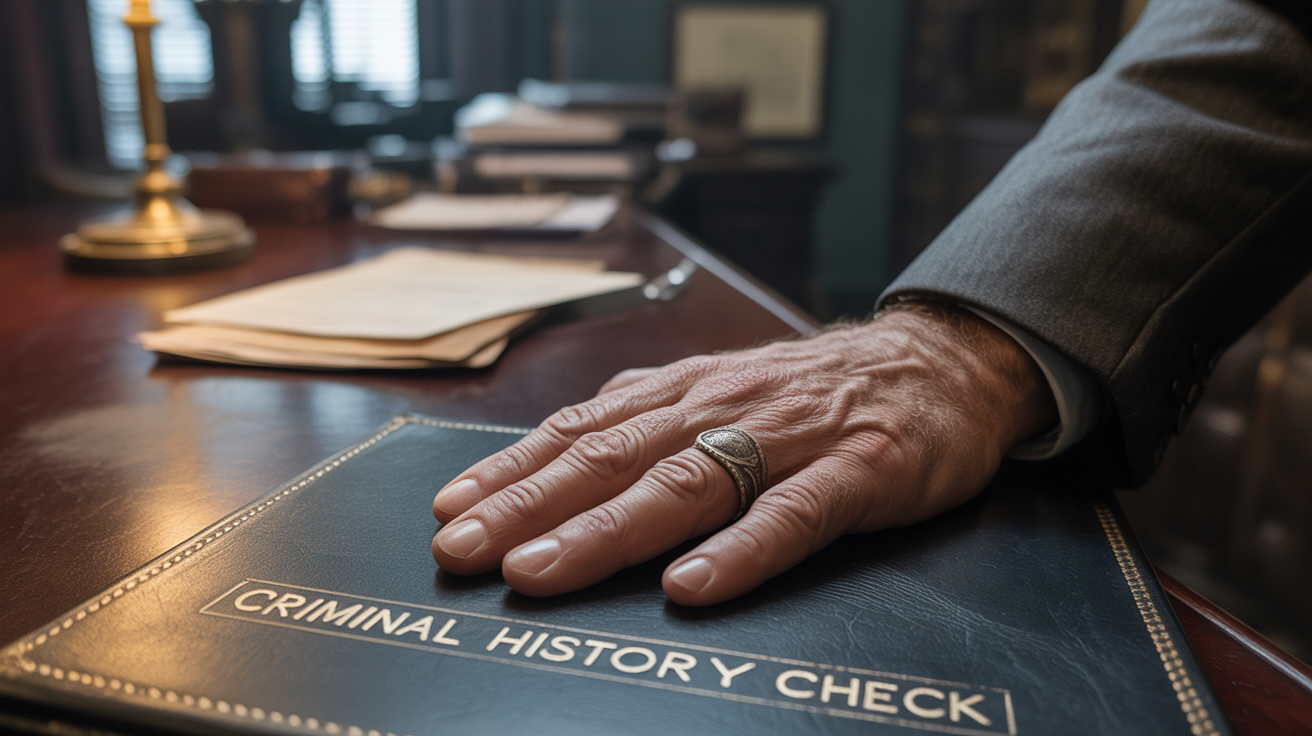Running a national criminal history check might sound simple, but a few overlooked details can lead to big problems. Whether it’s for hiring or licensing, accuracy and compliance matter. Mistakes during the process can lead to legal trouble or even hiring the wrong person. This article provides seven common mistakes to avoid, so the background check actually works the way it’s supposed to.
1. Relying on Incomplete Databases
Not all databases offer the same level of detail or accuracy. Many employers assume a national check pulls everything, but that’s not always the case. Some databases only include certain jurisdictions or states. Skipping county-level records or state-specific sources could leave big gaps. Also, a complete check should go beyond just one database. Database include:
- Federal
- State
- County records
2. Ignoring Consent Requirements
Skipping consent might seem like a shortcut, but it’s a legal risk. Federal law requires written permission before pulling criminal records. Some states have extra steps, such as disclosing the specific type of information being checked. Without proper consent, the entire process could be challenged, and that can lead to fines or lawsuits. Always remember to get clear, written authorization first.
3. Using Outdated Information
Take note that cases get dismissed, charges get dropped, and convictions might get expunged. If the data source isn’t updated regularly, the results may include incorrect or outdated records. This way, it can lead to unfair decisions or legal backlash. Additionally, stick with providers that update records frequently and double-check any questionable information before making a decision.
4. Failing to Verify Identity
A background check might pull the wrong person’s records if names are similar or if the Social Security number is entered incorrectly. Even one digit off can cause a major issue. Verifying full identity details, such as full legal name, date of birth, and Social Security number helps avoid costly mistakes.
5. Misunderstanding What “National” Means
There’s no single national database that covers every criminal record in the country. Most so-called national checks are compiled from various sources, and coverage may vary. Depending on just one national search can cause someone to miss serious offenses. For accurate results, combine the national search with state and county-level checks, especially in places where the person has lived or worked.
6. Not Knowing Local Laws
Each state has different rules on what can be reported and how far the check can go. Some states have limits on reporting convictions. Others restrict the use of arrest records that didn’t lead to a conviction. Without understanding local laws, it’s easy to break the rules unintentionally. Use a background screening provider that knows local laws and keeps the process compliant from start to finish.
7. Skipping the Review Process
Even when a background check turns up a record, it’s vital to review the results carefully before taking action. Sometimes, records are attached to the wrong individual. Other times, the offense is outdated. Automatically rejecting a candidate without reviewing the context can backfire. Take the time to check the findings and follow the steps before making a decision, especially if adverse action is involved.
Stay Compliant, Protect Your Decisions!
Running a national criminal history check isn’t just about clicking a button and waiting for results. It’s a legal process that calls for careful planning and execution. Missing a step or relying on incomplete data can cause problems. Avoiding the mistakes above helps ensure the check is accurate, legal, and useful. Take the time to do it right, and the process will be a lot smoother and a lot safer for everyone involved.

